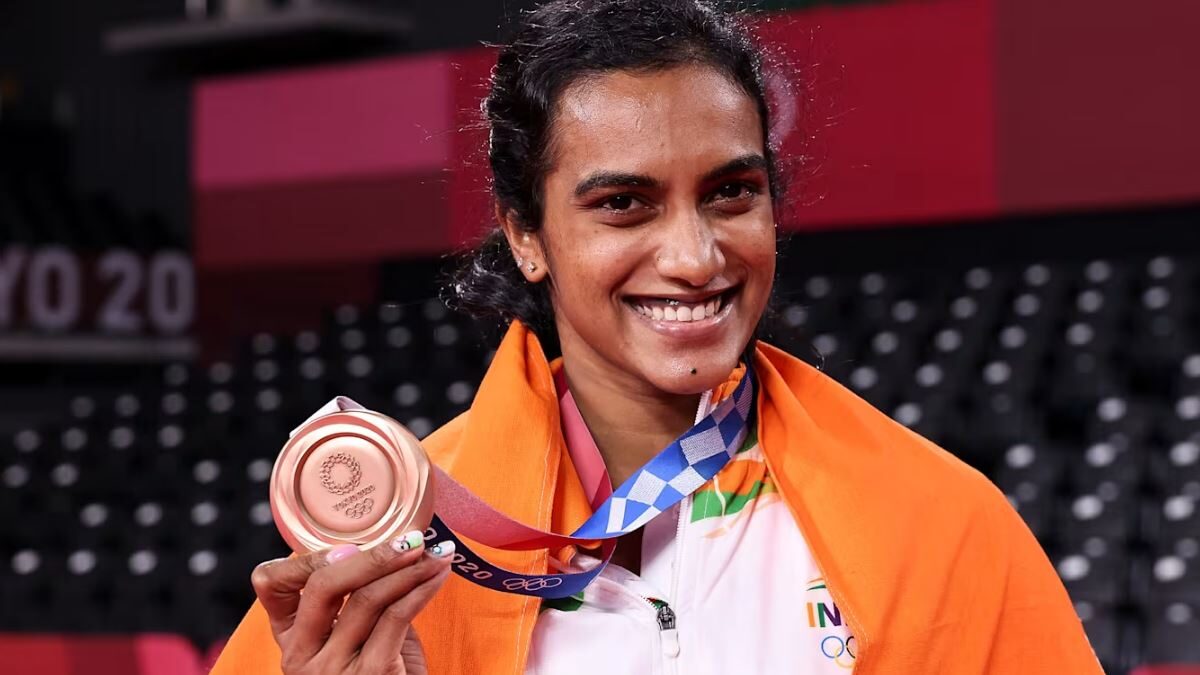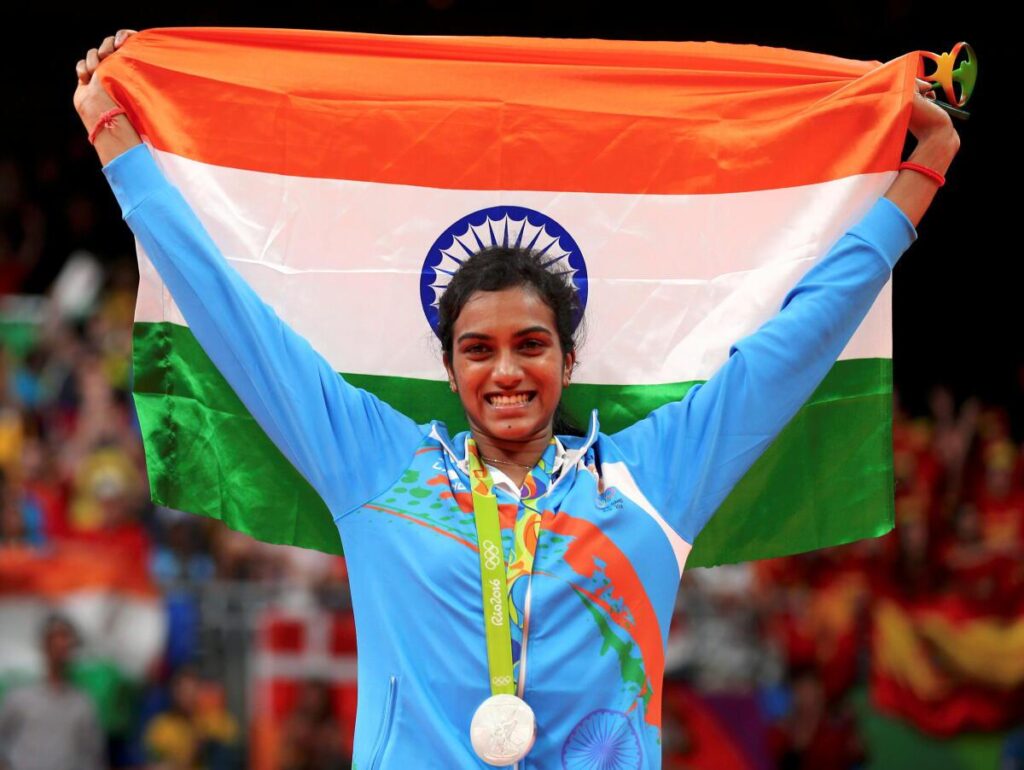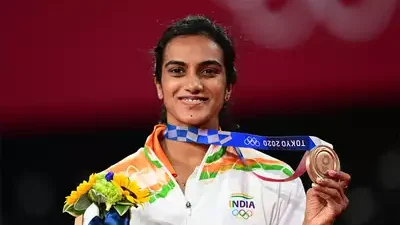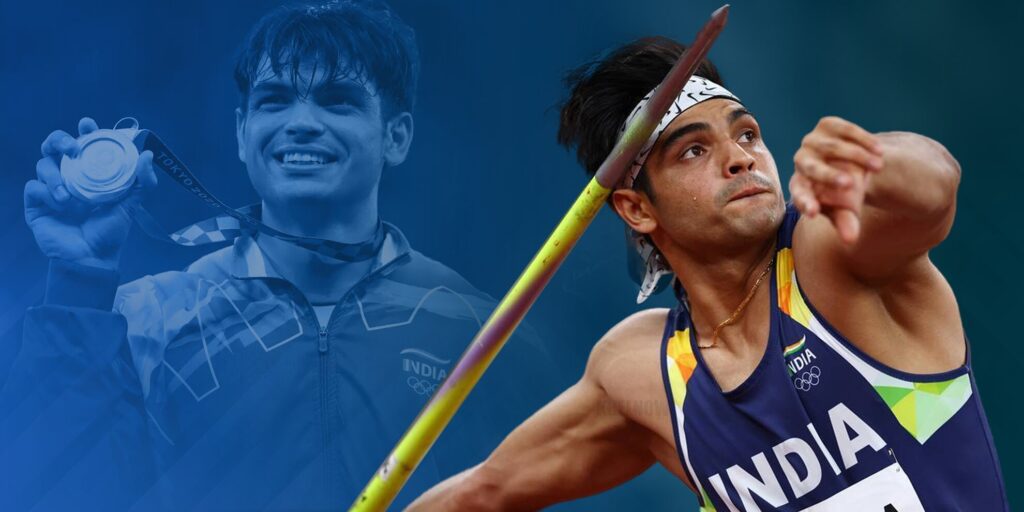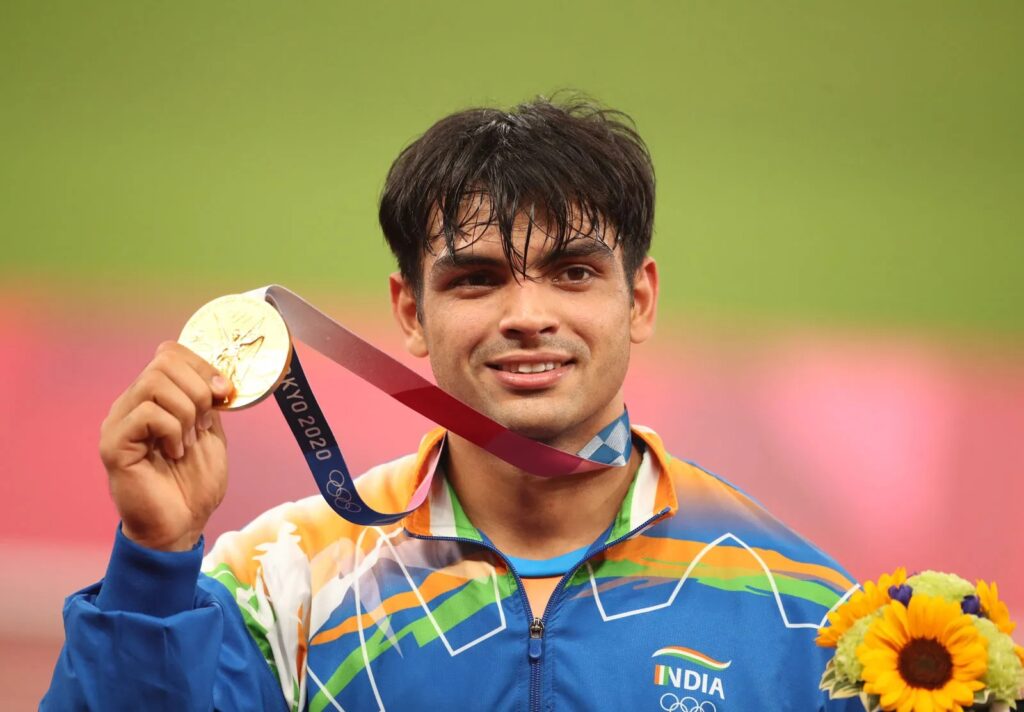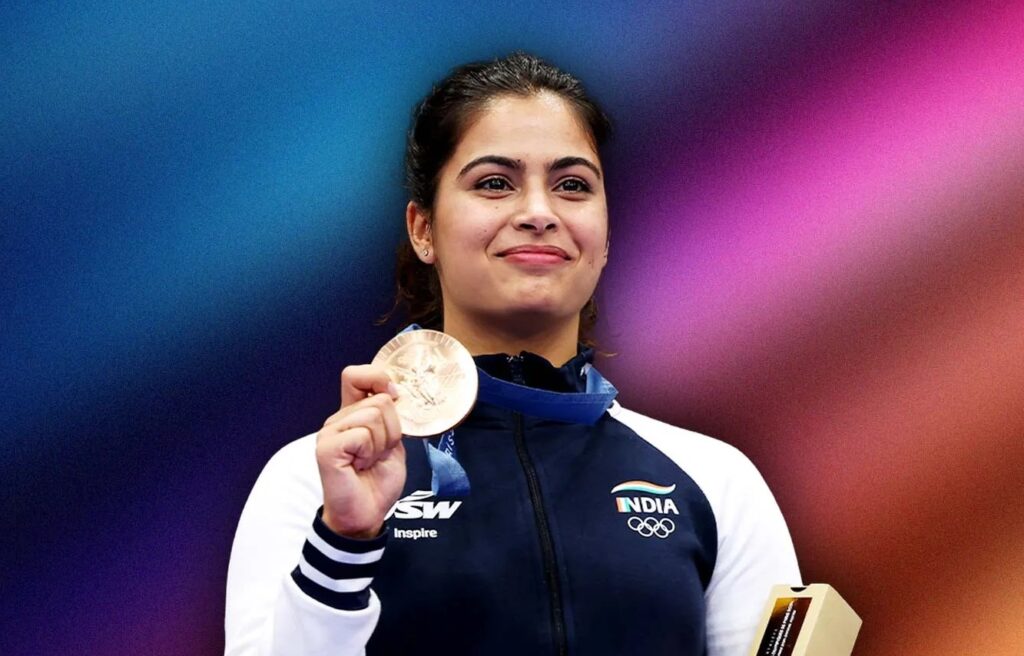
P.T. Usha, often referred to as the “Golden Girl” of Indian athletics, is a name synonymous with excellence in sports. Her remarkable journey, characterized by determination and resilience, has inspired countless athletes across the nation. As one of India’s most celebrated sprinters, Usha’s contributions to Indian athletics go beyond her impressive medal tally; she has become a symbol of hope and inspiration for generations.
Born on June 27, 1964, in a small village in Kerala, Usha showed an early affinity for sports. Growing up in a modest family, her talent was recognized at a young age when she began competing in school events. Her potential caught the eye of her coach, who played a pivotal role in shaping her career. Usha moved to the National Institute of Sports in Patiala, where she honed her skills and laid the foundation for her future success.
Usha’s rise in athletics was meteoric. She first gained national attention at the age of 16 during the 1980 Moscow Olympics, where she competed in the 400 meters hurdles. However, it was at the 1984 Los Angeles Olympics that she truly made her mark, finishing just shy of a medal in the 400 meters hurdles, coming in fourth. This performance, although bittersweet, set the stage for her legendary status in Indian sports.
P.T. Usha’s list of achievements is extensive:
Asian Games Success: She dominated the Asian Games in 1982 and 1986, winning multiple gold medals and setting several records in sprinting events.
National Records: Usha holds national records in the 200 meters, 400 meters, and 400 meters hurdles, many of which remain unbeaten to this day.
International Recognition: She was honored with the Arjuna Award in 1983 and the Padma Shri in 1985, recognizing her contributions to Indian sports.
Her dedication to athletics and her unwavering spirit made her a formidable competitor on the global stage.

Beyond her medals and accolades, Usha’s legacy lies in her role as a trailblazer for women in sports. She broke barriers and paved the way for future generations of female athletes in India. Her journey has inspired countless young women to pursue sports, proving that with hard work and determination, they can achieve greatness.
After retiring from competitive athletics, Usha turned her attention to coaching and sports administration. She founded the P.T. Usha School of Athletics in Kerala, where she trains young athletes, imparting her knowledge and experience to the next generation.
Usha’s path to success was not without challenges. She faced the pressures of competition, injuries, and the struggle for recognition in a male-dominated sports environment. Yet, her resilience and determination to overcome obstacles have made her story all the more inspiring.
P.T. Usha’s impact on Indian athletics is immeasurable. As a pioneer, she not only excelled as an athlete but also became a beacon of hope and inspiration for aspiring sportspeople across the country. Her journey from a small village in Kerala to the international stage exemplifies the power of perseverance and dedication. As she continues to mentor young athletes, her legacy as the “Golden Girl” of Indian athletics will undoubtedly endure for generations to come.


